Beth Frates
MD FACLM DipABLM
Dr. Frates started her journey into lifestyle medicine when she was 18 and her father suffered a heart attack and stroke. After that event, she was inspired to become pre-med at Harvard College and pursue medicine. While at Harvard, Dr. Frates concentrated in biology and psychology. Her senior thesis was on the effect of mental stress on the heart. While at Harvard, she had the honor and pleasure of learning from great minds and thinkers. She was lucky enough to attend office hours and a college lunch with BF Skinner.
While at Stanford Medical School, Dr. Frates the impact of diet on the health of arteries. One of the studies she participated in examined the effect of a diet high in saturated fat vs one high in nitric oxide (which you can get from walnuts) on the endothelial cells, the cells that line the artery. The diet high in nitric oxide was associated with healthier cells. For her community service, she volunteered with Doctors Ought to Care (DOC) and visited local elementary and middle schools in East Palo Alto to discuss smoking, exercise, and other lifestyle behaviors.
After graduating from medical school, Dr. Frates did her preliminary year internship at Mass General Hospital. After that, she completed her physical medicine and rehabilitation residency at Spaulding Rehabilitation Hospital, a Harvard Medical School affiliate. Her passion for stroke patients and teaching was fostered during her residency. When she was Chief Resident, she created a teaching elective, the first of its kind for the residency. Dr. Frates taught in the Harvard Medical School Core Curriculum in the Human Central Nervous System and Behavior course and at that time she won her first teaching award. Of note, Dr. Frates was the first woman in her program to be chief resident and the first woman in her program to become pregnant.
Dr. Frates’ dedication to stroke patients and teaching continued after graduation. She continued teaching at Harvard Medical School in the core curriculum in the nutrition course, musculoskeletal course, endocrinology course and others. Writing became a passion and helped Dr. Frates fulfill her purpose to help people lead healthy lives and prevent disease. After researching knowledge and expectations of stroke survivors and their caregivers after an inpatient stay at a rehabilitation hospital, Dr. Frates found that about 50% of the patients and stroke survivors did not know what to expect nor what to do to prevent another stroke. This gap was an opportunity to contribute. So, Dr. Frates co-authored a book with two colleagues from Spaulding Rehabilitation Hospital. The book is Life After Stroke: The Guide to Recovering Your Health and Preventing Another Stroke, published by John Hopkins Press. Dr. Frates was hopeful that providing this information to patients and loved ones in a book would allow them to take in the information at their own time in their own way. The goal was to empower patients.
It was not until 2008 that Dr. Frates learned about behavior change, health coaching and motivational interviewing. By 2009, Dr. Frates became one of the first physicians certified in health and wellness coaching. Since that time, she has taken four different health and wellness training courses as well as received a certificate in motivational interviewing from U Mass. These trainings opened her eyes to the psychology behind change and allowed her to develop skills, tools, and strategies to help patients not only adopt healthy habits but also to sustain these habits over years.
Dr. Frates has devoted her career to developing and teaching programs in lifestyle medicine. In 2008, she created the first Lifestyle Medicine Interest Group (LMIG) at Harvard Medical School. Now there are over 60 official LMIGs all over the country. In 2014, Dr. Frates taught the first full semester lifestyle medicine course at Harvard. She still teaches Introduction to Lifestyle Medicine at Harvard Extension School. In 2016, she shared her course syllabus with the American College of Lifestyle Medicine in hopes to inspire other professors and teachers to teach lifestyle medicine in their universities. In 2018, she co-authored The Lifestyle Medicine Handbook with Jonathan Bonnet, Richard Joseph and James Peterson. It was awarded the distinction of one of the “Best Medical Textbooks of All Time” by Book Authority. In 2020, Dr. Frates and co-authors published the second edition of this book. They are currently working on the third edition to continue to provide the latest evidence based and research driven material.
To help professors, clinicians and healthcare providers of all types to share the good news of lifestyle medicine, Dr. Frates shared 12 PowerPoint decks with American College of Lifestyle Medicine. She collaborated with colleagues from ACLM including Michelle Tollefson and Gia Merlo to standardize and format the PPTs. These slides represent all 6 pillars of lifestyle medicine (exercise, nutrition, sleep, stress management, social connection, and avoidance of risky substances) plus more positive psychology, behavior change, and self-care. In addition, there is a teacher’s manual that accompanies the PPTs and the Handbook. These materials were created to help people have the resources ready and available to teach an Introduction to Lifestyle Medicine course.
With patients, Dr. Frates has been coaching patients and providers alike since 2009. In 2012, Dr. Frates piloted the first group PAVING program at Spaulding with stroke survivors and their caregivers. The power of the program was clear from the beginning with participants quitting smoking, increasing minutes of physical activity each week and adding servings of vegetables to meals each day. This first PAVING group has grown and expanded with time. Dr. Frates ran a 12 month PAVING Program at Spaulding in 2014, during which time she met with the group twice a month for two hours each session. The first session of the month reviewed the evidence on that step and the next week was an experiential session. For example, for physical activity, the first week, the group discussed the benefits of exercise, shared what they did for exercise and set SMART goals for the next week. The following week, the group walked together around the hospital grounds. The next month, the PAVING group worked on attitude and how to develop a growth mindset. The next week, the participated in group activities that helped them identify their strengths, helped them adopt an attitude of gratitude and optimism. The session followed the 12 Steps in the PAVING Program. Over the years, the program has been adapted for a 12 week program, a 6 week program and even a 3 week program. With COVID, the program has gone virtual.
Dr. Frates has mentored and trained colleagues to deliver the PAVING Program. Dr. Jeff Krauss from Stanford Medical School successfully ran a PAVING program at the Palo Alto VA in 2017 for stroke survivors. The results were published in American Journal of LIfestyle Medicine and revealed reductions in blood pressure, cholesterol and weight. Dr. Amy Comander started running PAVING programs for Breast Cancer survivors in 2018.


